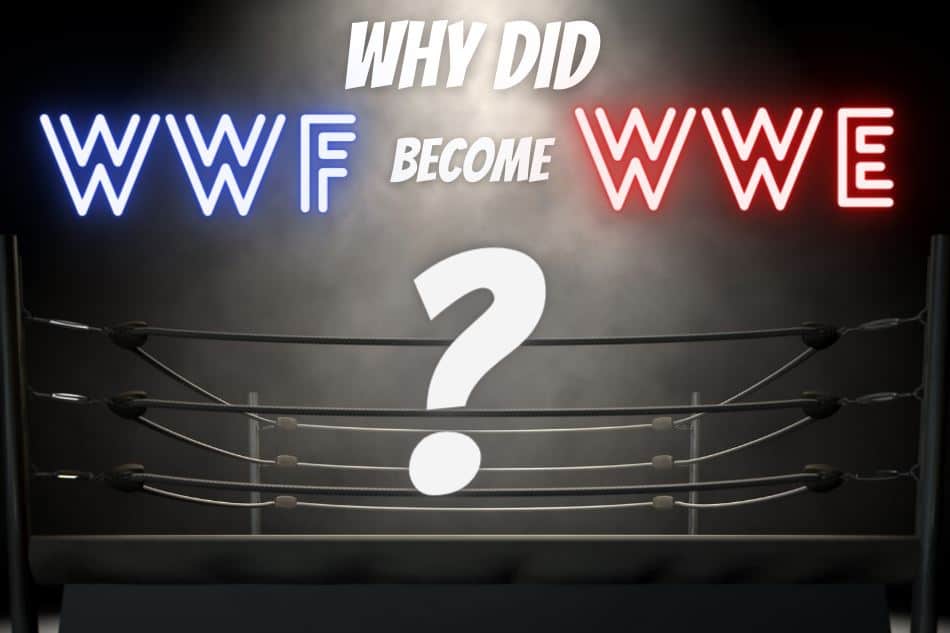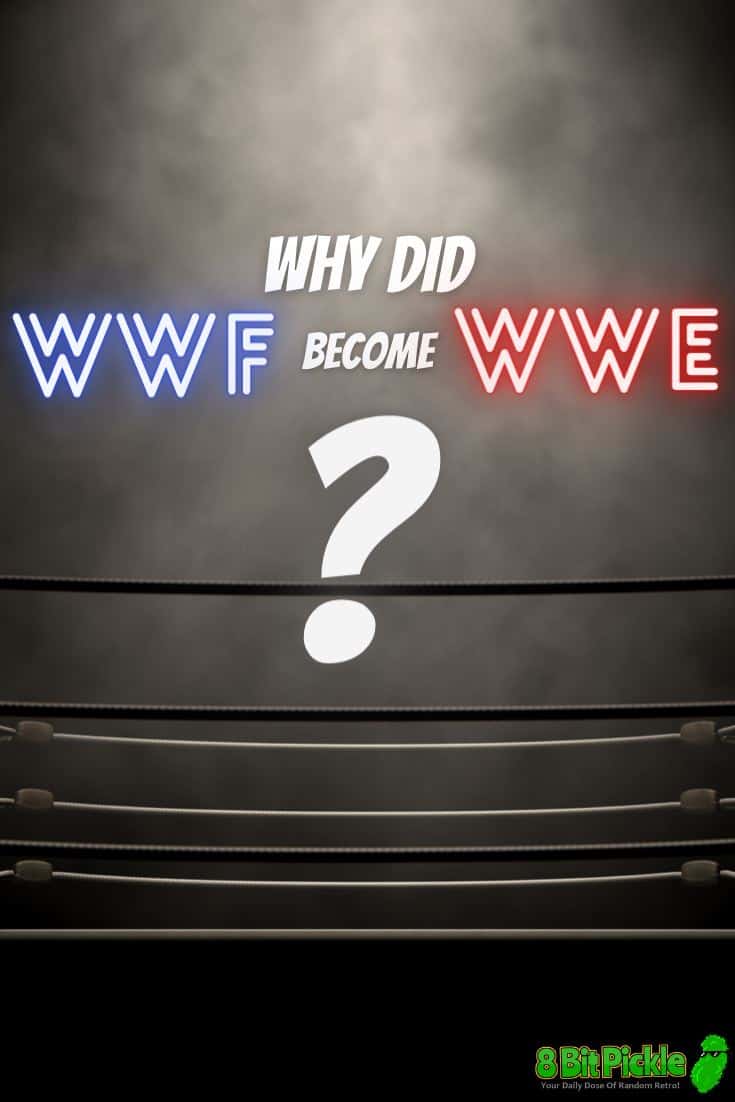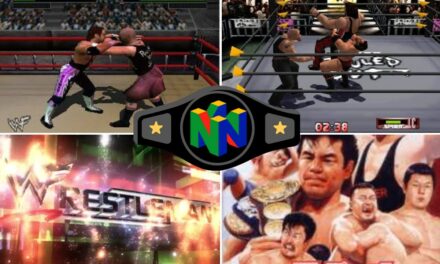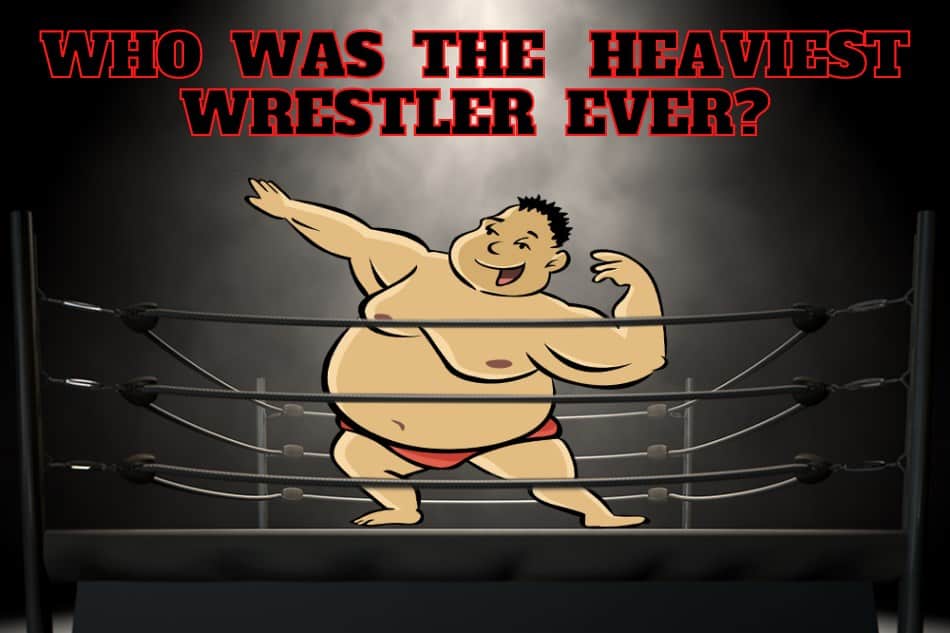I grew up watching wrestling in probably the best time period there was to watch wrestling.
When I was young we had Hulk Hogan, Macho Man, Andre the Giant, and more. Then just as I was hitting my teenage years, we got the Attitude era. The likes of Austin, The Rock, and Mankind ruled the WWF. Yes The WWF
What is now World Wrestling Entertainment was one known as the World Wrestling Federation. Which begs the question. After several successful decades of continued growth, why did the WWF change their name to WWE?
Due to a legal conflict with the World Wildlife Fund over the WWF trademark, the WWE changed their name from Word Wrestling Federation to World Wrestling Entertainment in 2002.
And in case you wanted to know when did the WWF change their name to WWE?
WWF changed their name to WWE on May 5th, 2002. This is the day they announced the name and branding change from World Wrestling Federation to World Wrestling Entertainment.
But things were much more complicated than that. The clash between the two lasted years and went through several stages of change.
A Brief History Of The World Wrestling Federation
Before WWE, the company was previously Titan Sports, Inc. and incorporated in 1980. Titan obtained Capitol Wrestling Corporation in 1982. During such time, the Corporation was the holding company for World Wrestling Federation (WWF), a wrestling league.
The founder of Titan, Vince McMahon, started to sponsor WWF and deemed it the premier wrestling league of the world.

In 1979, the acronym WWF meant World Wrestling Federation after it shortened the name from World Wide Wrestling Federation (WWWF).
However, soon after launching the WWF name, McMohan realized that another company was under the same initials. The World Wildlife Fund for nature had the same acronym and has been using it even before McMahon’s wrestling federation.
By using the acronym, they came into a direct clash with the World Wildlife Fund who had a trademark for the acronym, WWF.
World Wrestling Federations Legal Battle With The World Wildlife Federation Begin
The World Wildlife Fund in 1994 asserted that the World Wrestling Federation agree to sign a legal document. Due to financial constraints, they agreed to sign the agreement to avoid further litigation
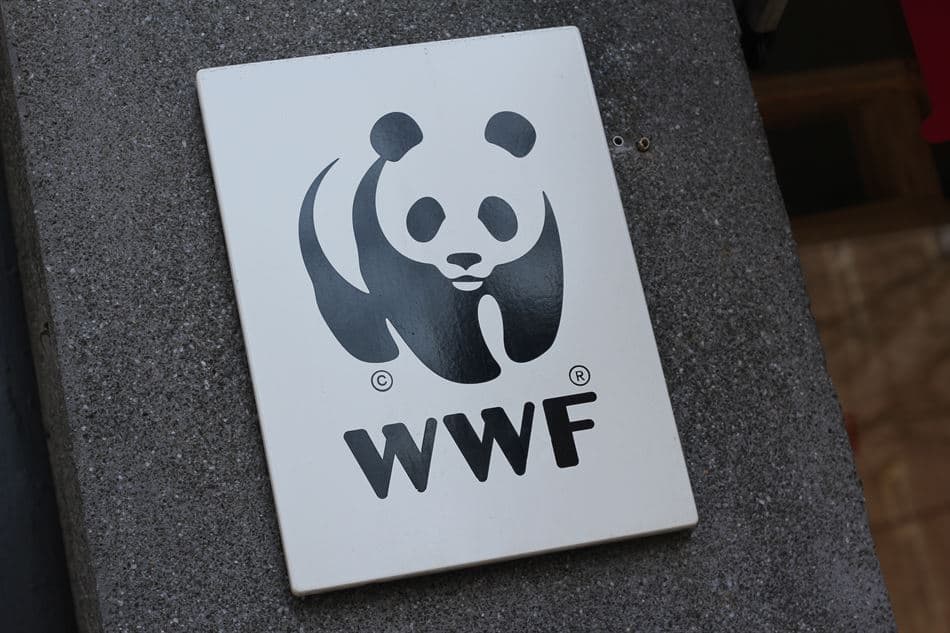
According to the agreement, the Federation has to ensure limited use of the acronym WWF outside of North America. It set to limit the use of the WWF term during live broadcasts.
The World Wildlife Fund, in return, agreed to stop all and future litigation against Titan Sports, Inc. It allowed the Federation to go on using the WWF logo and name in various circumstances in the US.
The Federation was suffering financially, and a legal war would not be wise for the company’s survival. Due to this, McMahon believes his company signed the deal under coercion.
Over the years, the agreement became a massive liability to the company’s profitability.
The WWF name and logo became a massive deal for merchandise and events all over the world. During the period from 1998-2001, the rise of WWF became a hot commodity. Such popularity drew the attention of the World Wildlife Fund, which took them to court over the issue.

Subsequently, the charity succeeded in gaining a ruling in their favor to remove the company’s rights to the acronym’ WWF.
After many months, the World Wrestling Federation Company applied for an appeal in the London Court. The court denied the Federation’s right to counter the injunction, restricting the utilization of the initials inside North America.
The continuing events and harm to the company led to the ultimate decision to change the name of the Federation. Finally, the World Wrestling Federation became World Wrestling Entertainment.
World Wrestling Federation Changes To World Wrestling Entertainment
The CEO and Chairman of WWE, McMahon was an all-around entrepreneur and not just a mere wrestling promoter. He saw the change as an opportunity to strengthen the “entertainment” facet of the wrestling business.
With the change in the name, the wrestling world continued to gain in popularity. The idea of using the “entertainment” feature was the right decision at the right time.
World Wrestling Entertainment (WWE) launched several merchandise and marketing campaigns. Keeping the focus on the new name, they launched t-shirts and other products bearing the slogan “Get the F out.”
The WWF “scratch” Logo Conundrum
Even with massive success in its wake, the shadow of WWF still bore on WWE. According to reports, WWE faced continued problems when trying to market old products which had the WWF branding.
Shortly before the change to WWE, the Federation used a newly branded WWF “scratch” logo on its products and merchandise.
It was a significant success and highly demanded during the period from 1998-2002. At the time people still identified the WWE through products that had the “scratch” logo. Even after its use became prohibited by the company.
The prohibition was so serious that it extended to anything that displayed the WWF logo, including the rebroadcasting of past events. Therefore, WWE makers had to blur out the logo from all archival videos, which ruined the fun for viewers.
It meant an immense loss for WWE because the items and products manufactured between the years 1998-2002 were many. It was also the period during which the world of wrestling was at a peak, drawing in many fans and viewers.
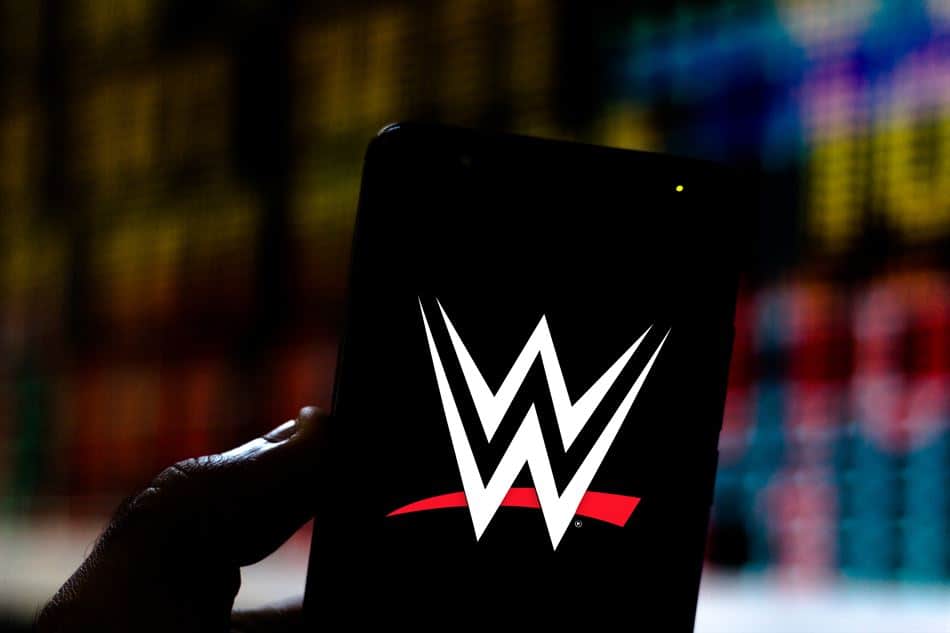
In the following decade, WWE, however, was able to secure a victory in one of their appeals. They won the right to use the “scratch” logo and name of WWF for archived videos. I’m sure this was not an easy win but an important one with the introduction of the WWE Network.
So How Did the Name Change Work Out For WWE?
It worked out for the best. Rebranding a company that large could have resulted in disastrous consequences, but WWE saw immense popularity and favor from its fans over its decade-long transformation.
Of course, the charity had its reasons for not wanting to be associated with WWE. The whole plot of WWE revolving around the “violent” nature of wrestling. It posed a complete contrast to the spirit of an organization that delights in humanitarian and compassionate work.
Today, both organizations continue to see growth and success. Whether the name change was necessary or not is open for debate. I’m just glad we still have our wrestling.
